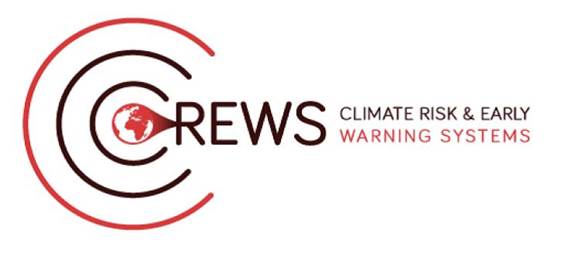
Congratulations to WMO on 75 years of international cooperation
The casualty risk, the risk of losing one’s life to extreme climate events is lower today than 30, 20 or even 10 years ago. WMO and its members have been the driving force behind the science, the networks of national, regional and global institutions and data exchange systems and standards that allow us to understand, predict and when needed warn populations about the impacts of the weather and climate. (link to Celeste Saulo and her message for Met Day)
Closing the Early Warning Gap Together
The theme for this year’s World Met Day is central to achieving Early Warning for All, as there is a growing body of evidence of the correlation between early warning capacity of countries and their levels of socio-economic development.
Investment in early warning systems brings direct benefits in reducing the human cost of disasters. When examined alongside disaster-related mortality, data shows that countries with limited to moderate early warning coverage have a nearly six times higher disaster-related mortality ratio compared to that in the countries with substantial to comprehensive coverage
The Climate Risk and Early Warning Systems (CREWS) initiative was established to close the early warning gaps in Least Developed Countries (LDCs) and Small Island Developing States (SIDS).





As of 2025:
- CREWS has 31 ongoing country and regional projects and the Accelerated Support Window grants, covering 80% of LDCs and SIDS
- 7 new projects under preparation and 19 projects in the pipeline or a total of over USD 140 million
- 396+ million people in 45 countries with access to forecasts and early warning services developed or improved with CREWS support since 2017
- 100+ forecasting and prediction products have been developed and/or tailored to user needs
- 55+ national plans, strategies and laws on early warning developed with CREWS support and approved so far
CREWS has been expanding and exploring its partnership and collaboration across the climate financing ecosystems, evidenced by the first approved Green Climate Fund (GCF) project for USD 25 million in 2025 through the GCF-CREWS Simplified Approval Process, setting a milestone for other GCF-CREWS scaling-up projects in LDCs and SIDS with a target of 10 projects by 2027.
